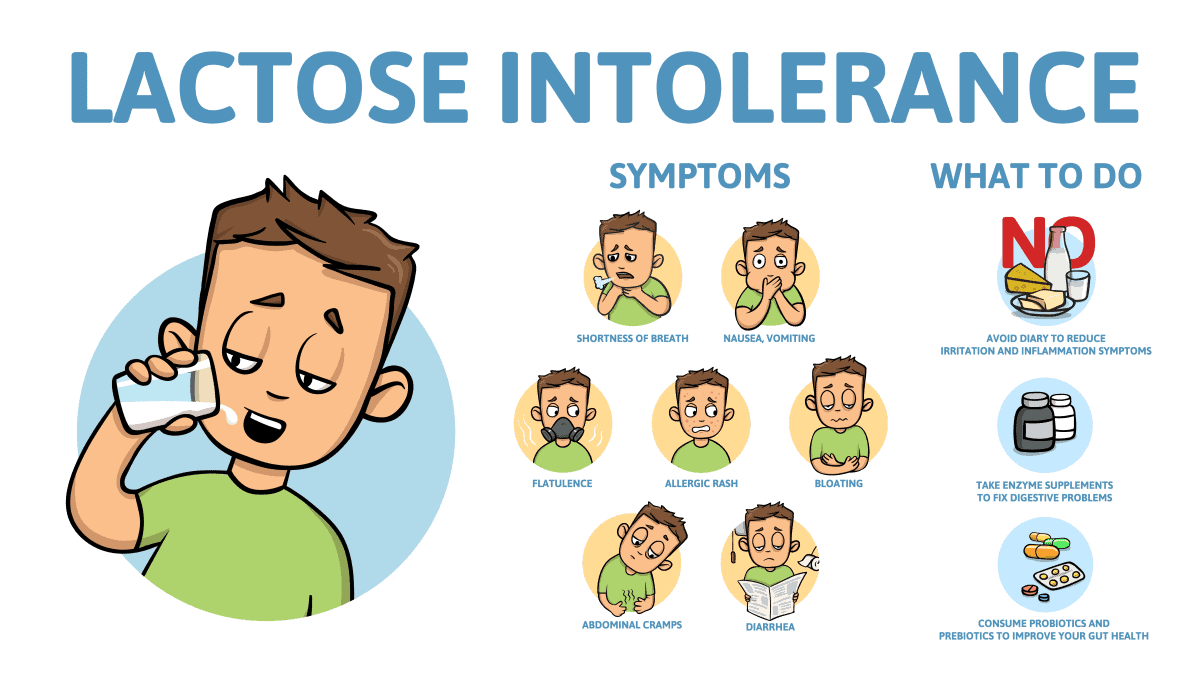The most common food allergy in the UK is cow’s milk allergy.
Food allergies can be a serious and even life-threatening condition. In the United Kingdom, the most common food allergy is to cow’s milk.
Cow’s milk allergy, also known as milk protein allergy, is an immune reaction to one or more of the proteins found in cow’s milk. Symptoms of cow’s milk allergy can vary widely and can range from mild to severe. The most common symptoms in infants and young children include skin rashes, eczema, diarrhea, vomiting, and wheezing. In older children and adults, symptoms can include hives, angioedema, asthma, and anaphylaxis.
Allopathic medicine claims that there is no cure for cow’s milk allergy, and that the best treatment is to avoid all products containing cow’s milk and milk proteins. This can be a challenge, as cow’s milk is a common ingredient in many foods, including baked goods, breakfast cereals, and processed meats. It’s important to read food labels carefully and ask questions when eating out.
For infants and young children, breastmilk or a hydrolyzed formula is recommended. Hydrolyzed formula is made from cow’s milk, but the proteins have been broken down into smaller pieces, making it easier to digest. For older children and adults, soy milk, rice milk, almond milk, and other alternative milks are a good option.
Cow’s milk allergy is usually outgrown by the age of 5 years, but it can persist into adulthood. If you suspect that you or a loved one has a cow’s milk allergy, you can have it tested through a blood test or a skin prick test.
It’s important to note that cow’s milk allergy and lactose intolerance are not the same thing. Lactose intolerance is the inability to digest lactose, a sugar found in milk and dairy products. This can cause symptoms such as runny nose, blocked sinus, bloating, gas, and diarrhea to name a few. Lactose intolerance is not an immune-mediated reaction like a food allergy and is usually caused by a lack of the enzyme lactase, which is needed to break down lactose.

On the other hand, cow’s milk allergy is an immune reaction to one or more of the proteins found in cow’s milk, which can cause symptoms ranging from mild to severe as mentioned before.
After years of working with individuals who suffer from milk allergy and lactose intolerance, I have come to observe that the reactions to milk are not limited to lactose or proteins alone. In fact, many individuals also react to other milk sugars, such as galactose. Additionally, some people may also have an allergic reaction or be sensitive to milk fats and milk solids, which can cause symptoms such as hives, diarrhea, eczema, itching, and sinus congestion. Furthermore, the hormones present in dairy products can also cause a reaction in some people, leading to symptoms such as headaches and acne.
It is important to note that these symptoms can be minimized through proper management and treatment. In my experience, I have found that only 1-2 sessions are often required to achieve this. Muscle testing is used to determine the specific triggers and then to develop a plan to eliminate or reduce the reaction associated with exposure to milk products.
In summary, milk allergy and lactose intolerance can cause a wide range of symptoms. It is hard to avoid dairy products and often there is no need to as there are options for treatment.
Please get in touch to get a free online consultation to establish if this treatment could benefit you. https://allergyfield.com/
Read also: Treatment For Acid Reflux

